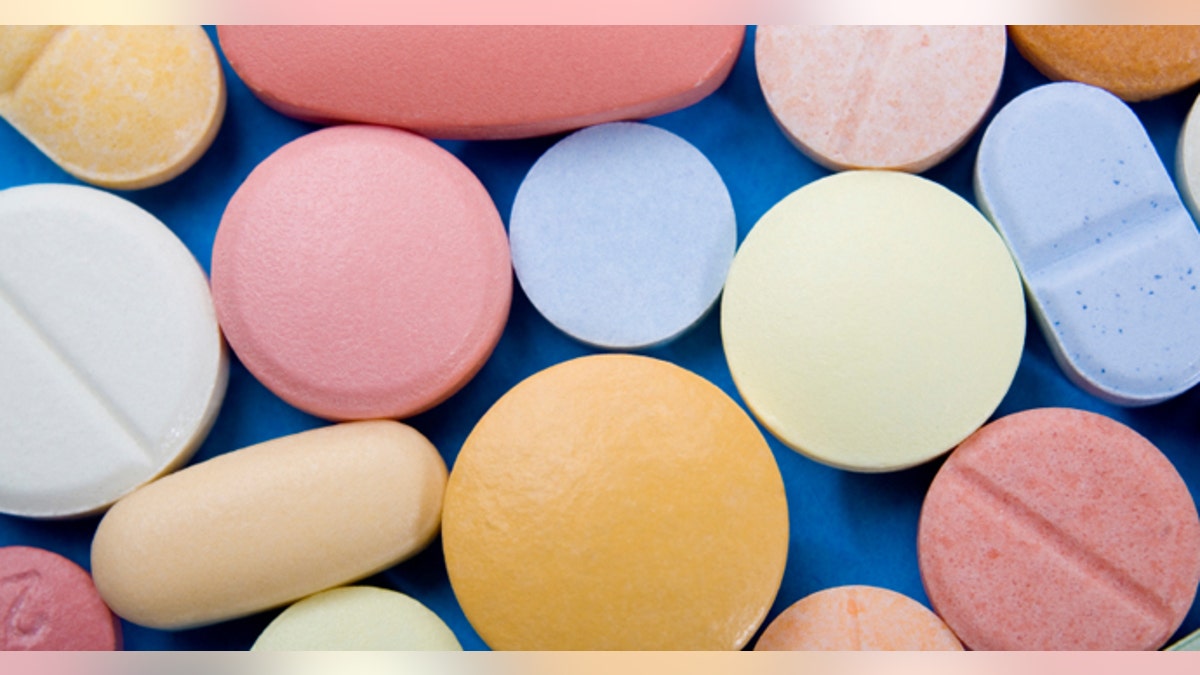
Dietary supplements spiked with pharmaceutical drugs often remain on the market, even when the Food and Drug Administration (FDA) has identified these products as tainted, a new study suggests.
Over the last eight years, the FDA has recalled 237 dietary-supplement products because they contained pharmaceutical drugs that were not listed on the product labels. However, an additional 110 supplements that were known to contain drugs were not recalled, the study found.
Dietary supplements are allowed to contain ingredients that supplement the diet — such as vitamins, minerals and herbs — but they are not permitted to contain prescription or illegal drugs.
The new findings are concerning because they suggest that, even when the FDA tests supplements and discovers prohibited ingredients, the agency doesn’t always remove these dangerous products, said Dr. Pieter Cohen, an assistant professor of medicine at Harvard Medical School and a general internist at Cambridge Health Alliance in Boston.
"What's the point of identifying products [with prohibited drugs] if you can't take them off the marketplace?" said Cohen, who was not involved in the new study.
The recalls described in the new study are voluntary, meaning the FDA asked the manufacturer to recall the product but did not mandate it. It's not clear why 110 products were found to contain drugs but were not recalled, Cohen said.
One possibility, Cohen said, is that the FDA couldn't get in touch with the manufacturer. Indeed, a recent investigation by the Office of the Inspector General found that the FDA did not have accurate contact information for 20 percent of the supplement manufacturers. It's also possible the FDA contacted the manufacturer, but the manufacturer refused to comply, Cohen said.
Of the 237 dietary supplements that were recalled, 40 percent were sexual-enhancement products, 31 percent were body-building supplements and 27 percent were weight-loss supplements.
Unlike medical drugs and devices, dietary supplements do not require FDA approval before they are sold to consumers. The FDA regulates supplements only after they enter the market, and typically must undertake lengthy steps to remove a product it deems unsafe.
"The consumer is flying blind when it comes to purchasing supplements," Cohen said. Until manufacturers follow the law — and the FDA enforces it — "these huge categories of supplements need to be completely avoided," he said.
A 2011 study by Cohen and his colleagues found that even supplements that are recalled can still be bought by consumers. The study found that the weight-loss supplement Pai You Guo, which was recalled in 2009 because it contained a banned drug, could still be bought at retail stores.
Cohen said his lab recently tested a sexual-enhancement drug and found it contained pharmaceuticals. Even though the lab alerted the FDA about the supplement — called Sex Plus — in December 2012, the FDA has yet to warn consumers about it, Cohen said. In March, the FDA issued an alert to consumers about several sexual-enhancement supplements that were found to contain drugs such as Viagra, but Sex Plus was not included in that alert.
Just last Friday the FDA warned consumers not to buy supplements containing the ingredient DMAA, which has been linked to heart attacks. Although the FDA has sent letters to supplement manufacturers, asking them to stop making and selling the DMAA-containing supplement, one manufacturer — USPlabs — continues to do so, the FDA said. The FDA said it is working on a response to USPlabs, which makes the DMAA-containing drugs OxyELITE Pro and Jack3D.
The dietary supplements that are tested and recalled by the FDA are likely just "the tip of the iceberg," in terms of the percentage of supplements that contain prohibited drugs, Cohen said.
"Given the limited regulation of these products, it is likely that the number of recalls grossly underestimates the number of products on sale with unapproved ingredients," Dr. Mitchell H. Katz, of the Journal of the American Medical Association, wrote in an editorial accompanying the study.
"Dietary supplements should be treated with the same rigor as pharmaceutical drugs and with the same goal: to protect consumer health," Katz said.
Consumers who want to buy supplements should stick with vitamins and minerals, or single-ingredient supplements, Cohen said. They should look for supplements that have been certified by the U.S. Pharmacopeial Convention or NSF International, which can provide reassurance that the products contain the proper dosage of ingredients and that they don't contain illegal ingredients, Cohen said.
The study, conducted by researchers at St. Michael’s Hospital in Toronto, examined Class I drug recalls — serious recalls for which there is a reasonable likelihood that exposure to the product will cause adverse health consequences. Researchers compared those products with those listed on the FDA Tainted Supplements Report, which lists supplements found to be adulterated.
The study is published online on April 15 in the journal JAMA Internal Medicine.
Copyright 2013 MyHealthNewsDaily, a TechMediaNetwork company. All rights reserved. This material may not be published, broadcast, rewritten or redistributed.
